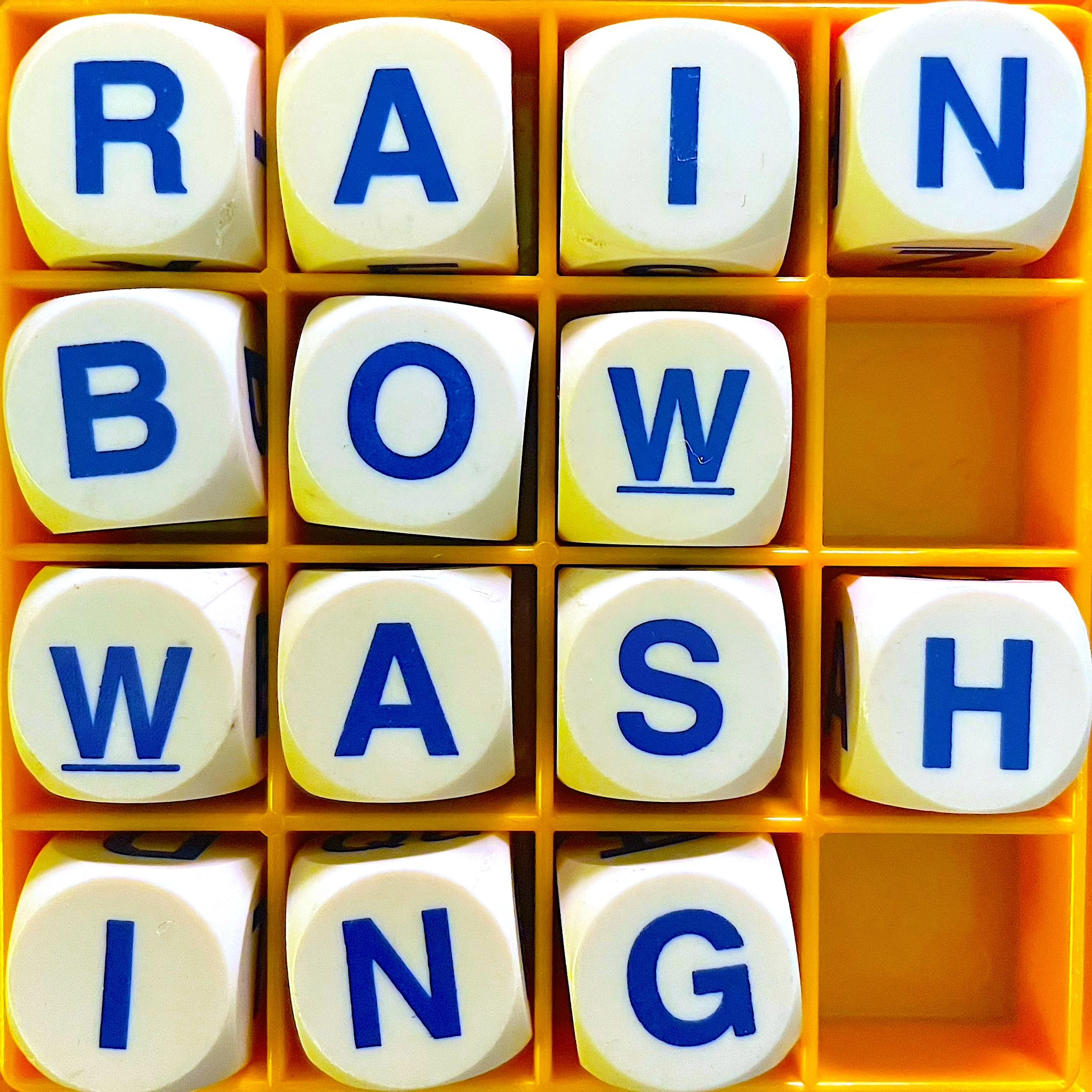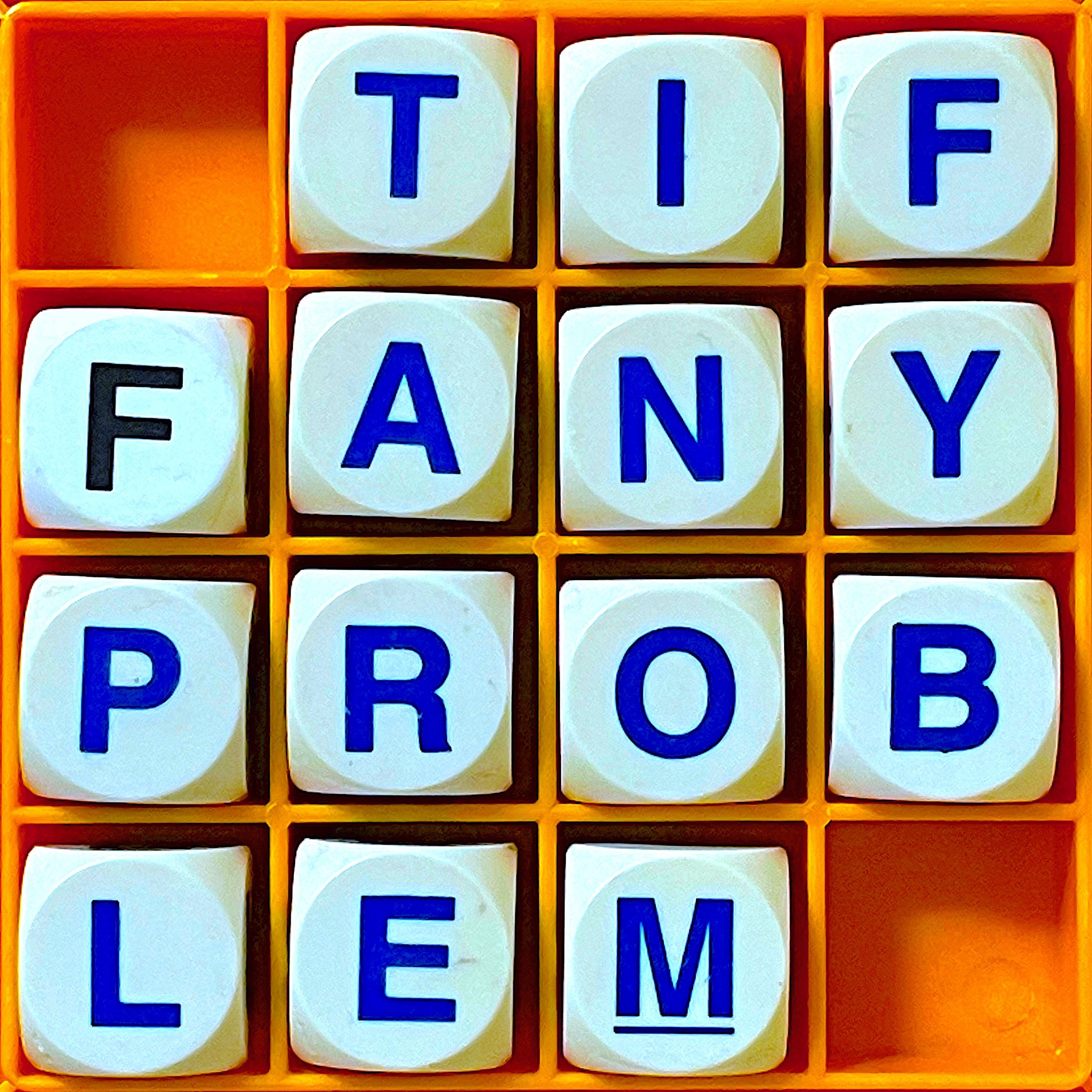In 15th and 16th century Scotland, in the highest courts of the land, you'd find esteemed poets hurling insults at each other. This was flyting, a sort of medieval equivalent of battle rap, and it was so popular at the time that the King himself wrote instructions for how to do it well. Writer and Scots language campaigner Ishbel McFarlane and historical linguist Joanna Kopaczyk explain the art of flyting, where an insult becomes slander, what's going on within the speech act of performative diss-trading, and what the legal consequences could be of being accused of witchcraft.
Read moreAllusionist 163. Rhino Borked Guy
Provoked by current events, we've got three political eponyms for turmoiled times. Get ready for explosives, presidential pigs, Supreme Court scrapping, and wronged rhinos.
Read moreAllusionist 162. Self-Help
Self-help is a multibillion dollar genre of books, and Kristen Meinzer and Jolenta Greenberg of By the Book podcast have lived by the advice of more than eighty of them. They discuss the ways these books use language to get into your brain, the negging and the euphemisms, what can actually be helpful, and why we should be more like dog.
Read moreAllusionist 161. Sentiment
Empathy and kindness can be noble concepts in themselves, but as terms are thrown around enough to have become buzzwords, and in the process lose some of their meaning and purpose. Audiomakers Sandhya Dirks and Julia Furlan, and academic and podcaster Hannah McGregor, discuss the value and pitfalls of appealing to the emotions.
Read moreAllusionist 160. Coward
“Anxiety is the parrot sidekick that rides on my shoulder and occasionally squawks warnings in my ear,” says Tim Clare, poet and podcaster and author of the book Coward: Why We Get Anxious & What We Can Do About It. We talk about anxiety, cowardice, magic bullets vs silver bullets, the scary Bible, and seagulls.
Read moreAllusionist 159. Bufflusionist
Grab your stake and crucifix pendant, we're going vampire-hunting! Well, vampire-etymology-hunting. The podcast Buffering the Vampire Slayer, which recaps the TV show Buffy the Vampire Slayer episode by episode, invited me to answer their listeners' questions of language that the show had provoked. Together with BVTS hosts Kristin Russo and Jenny Owen Youngs, I tackle the etymology of coven, vampire/vampyre, wigging out, the name Buffy and Bovril; as well as google as a verb, conlang on TV, and why Latin is so often the language of spells and spookiness.
Read moreAllusionist 158. Creature Quiz!
There's lots of fun etymology of creatures and a lot of fun etymology derived from creatures, and now it is gathered into this fun playalong quiz about animal etymologies!
Read moreAllusionist 157. Queerbaiting
The term 'queerbaiting' has evolved from meaning entrapment to marketing ploy to drawing "queer audiences into a piece of media that has no intention of actually meaningfully exploring queerness" says Leigh Pfeffer, host and producer of the podcast History Is Gay. Leigh tracks where the word's various incarnations came from, and why it should not be confused with 'queer coding'
Read moreAllusionist 156. Rainbow Washing
From whitewash (the paint) we got whitewashing (the covering up of misdeeds) and from there greenwashing, redwashing, bluewashing, purplewashing, pinkwashing - and now rainbow washing, where companies will put Pride flags all over products and posts during the month of June, but behind the scenes will not necessarily be useful - and sometimes they'll be anti-useful.
Mitra Kaboli, host of the new podcast Welcome to Provincetown, helps sort the real allyship from the rainbow-washing; and writer Sarah Schulman, who popularised the term 'pinkwashing', explains the more political meaning of the word.
Read moreAllusionist 155. The Tiffany Problem
The name Tiffany has been around for some 800 years. But you can't name a character in a historical novel 'Tiffany', because people don't believe the name is old. Science fiction and fantasy author Jo Walton coined the term "The Tiffany Problem" to express the disparity between historical facts and the common perception of the past.
Read more









